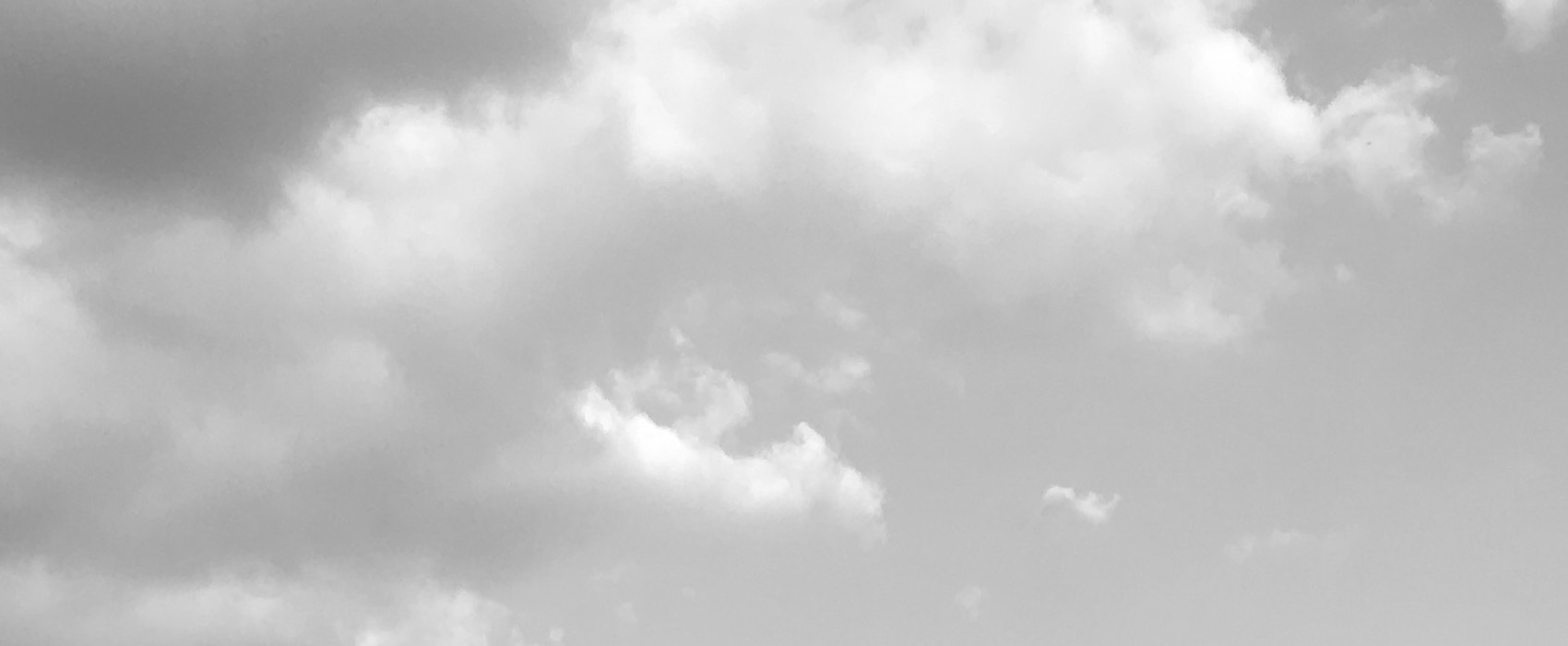At the heart of my silence over the last months has been a search that has taken me deep inside myself and, as well as disconnecting me from a lot of my usual social activity, it has turned off the stream of words.
You could say I’ve become a bit of a hermit, except I have spent time outside during these summer months, walking in the park, running, laying on the grass and staring at the trees and sky. Having struggled so much at first with solitude, feeling the weight of loss in it, I’ve now reached the point where I can embrace it and even long for it after spells of being with people.
Being alone has seemed necessary when so often it feels like the shape of what I’ve become doesn’t fit into the spaces I inhabited before. I haven’t quite gained the capacity to override the pressures I feel to force myself back into the shape of what I was, although I’m getting there.
I’m aware that I often write posts explaining my silence and then retreat back into it, and I don’t want that to become a habit. What I feel the need to do is set a course with regards to what I’m reading and exploring in life and commit to writing about it.
The question that provoked this blog ‘do you really think you can change the world?’ seems far off and a tad ludicrous now. Given the shifts that have taken place since 2012 when Occupy London protesters gathered at St Paul’s, the questions as to the ‘how’ and the ‘what’ are the ones worth asking. What is our vision or are our visions for the future, and how do we implement them?
I recently spent three days in Leeds listening to people at a gathering of Poverty Truth Commissions around the country. Part of their discussion was about developing a theory of change. There was so much wealth and wisdom among people who were creative and resolute despite things being stacked so heavily against them. I was full of admiration for a woman who having spent her childhood in care said she had been determined that she would break the pattern and talked proudly and happily about her own children and grandchildren.
In the discussions about the future, there was some talk about developing as a movement, but there was also the pull of those who recognised that what had made the commissions successful was the focus on small, incremental, relational and ‘handmade’ change. It was remarkable to see people who had lived on the margins can change when they begin to shake off things they have been told about themselves over the years about their worth and effectiveness. But it struck me too that if they can hold on to the relational, loving, giving approach that has been nurtured among them, then they have potential for shaping something new rather than defaulting to existing ways of holding power.
